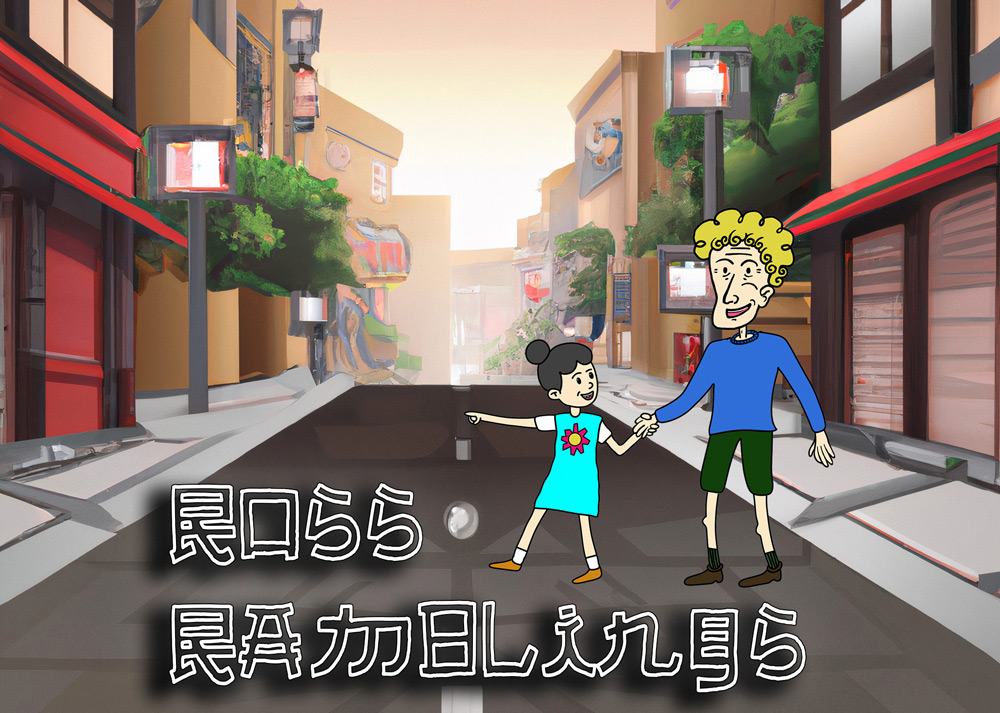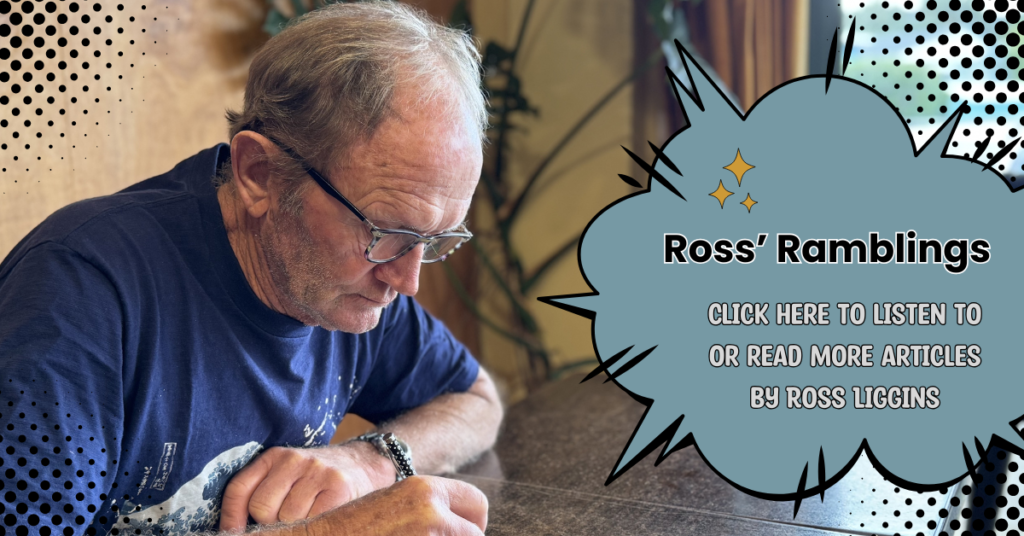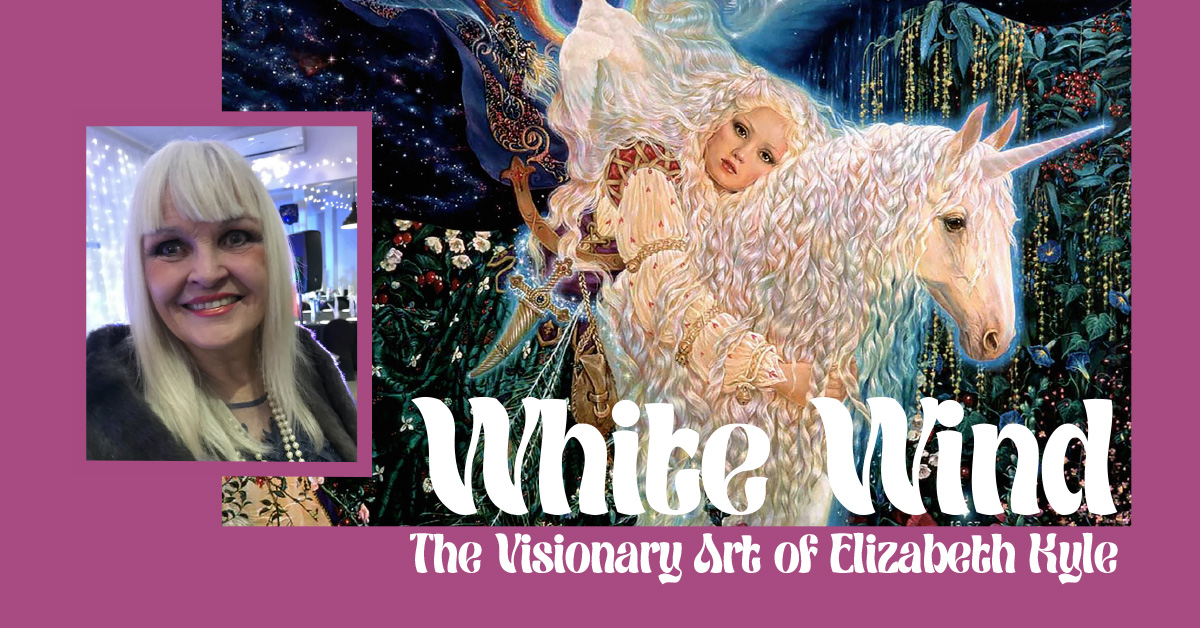
Ross Liggins is back with more anecdotes and insights
It never ceases to amaze me how young minds soak up knowledge naturally through play and interaction. A child can learn several languages at the same time and not confuse them when speaking. But suddenly, at age five or six, they are required to slot into an education system and change the way they learn, often being forced into learning styles that don’t suit their abilities. Of course, with classes of 25 or more, teachers are restricted in how they teach.
My daughter spent her first four years in New Zealand listening to, but rarely speaking, her mother’s native tongue of Japanese. Then she entered a rural kindergarten in Japan and found that she couldn’t speak the language at all even though she could understand some of what she heard. She was popular with the other students, being the only ‘gaijin’ or foreigner at the kindy. They were very patient with her and tried to include her in their play and activities and within six months she was gabbling away in Japanese almost like a native speaker, whereas her stupid 50-year-old father, who had been studying Correspondence School Japanese for two years, could hardly even introduce himself or enquire about the weather.
Unfortunately for my daughter she didn’t learn to read or write the language, as this is only taught from six years old but by then she had returned to NZ. When she enrolled in year 11 Japanese at high school, she aced the speaking and listening tests but totally flunked the reading and writing. She had great trouble remembering the complicated Chinese and Japanese characters that make up the Japanese alphabet. She also had big problems with maths and still doesn’t know some of her times tables even though she is 25. I remember trying to teach her maths when she was at primary school. “What’s 6 x 4?” I would ask. “27?” she would reply, hoping she had guessed correctly. For several years this went on, with me sometimes wanting to tear my hair out and eat it when most guesses were wrong, but of course I didn’t, mainly because hair gets stuck between the teeth and … well you know the story. It was extremely frustrating for both of us, but I thought maybe all kids had the same difficulty with maths. It wasn’t until her year 11 music teacher told us that Hanako couldn’t identify the gaps and notes in a music score that we knew something was amiss. She could write stories and songs but she couldn’t relate to numbers and space. At the suggestion of her English teacher, we enrolled the services of an educational psychologist who, after a series of diagnostic tests, told us that while Hanako’s results put her in the top 30% of her age group for reading and writing, her scores in numerical and spatial skills were in the bottom 2%, and she suffered from a condition called dyscalculia. “Dys… what?” I asked. “Dyscalculia”, she replied. “It’s similar to dyslexia, but it applies to numbers and spatial awareness.” “That sounds deceptive,” I thought.
Anyway, when I asked what we could do to help her with this, the psychologist gave my daughter some numerical and spatial exercises to do, but didn’t know of anyone who specialised in helping with this condition.
It took until she was 15 for her to be diagnosed with dyscalculia. She had fallen through the cracks for years at primary and high school. Between 10 and 15 per cent of us are dyslexic. Who knows how many have dyscalculia? And 50% of our prison population are dyslexic – who knows how prevalent dyscalculia is? Shouldn’t we be trying to treat the causes of our social problems instead of sending young offenders to bootcamps, as some of our politicians would like to do? Many criminologists think bootcamps are a bad idea and some say they make matters even worse. To me, they seem like a knee jerk reaction to our teenage crime epidemic. Why not spend the money on treating the causes instead of applying band-aids? Developing policies to fix social and economic inequality in Aotearoa and perhaps finding ways to help students with dyslexia and related conditions, so they don’t fall through the cracks of the education system – these would be good starting points. Happy studying.
Words by Ross Liggins







